
5 minute read
Catch the Stars Finalists
Scholar Athlete's 2021
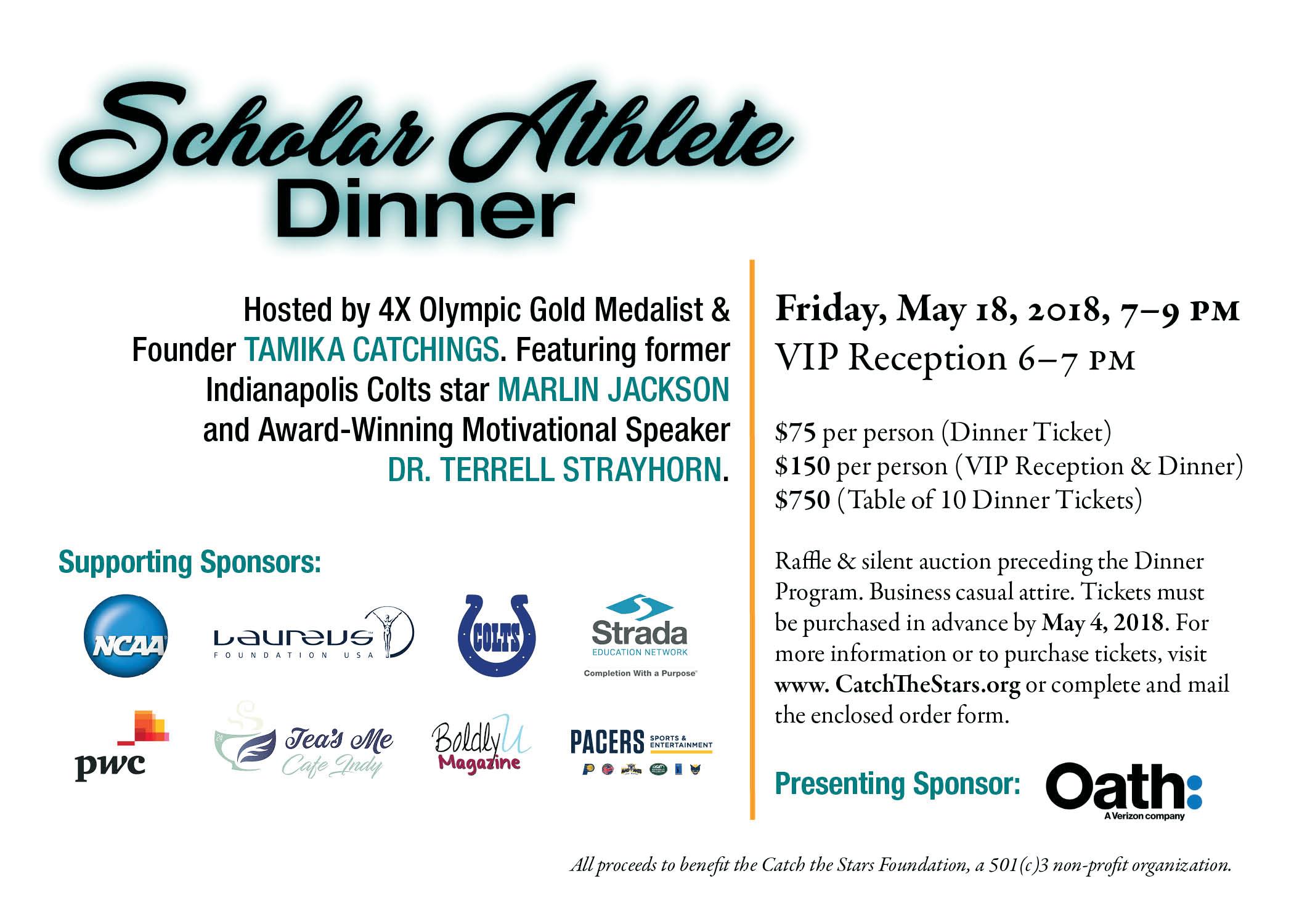
Advertisement


Each of these outstanding student athletes are being honored & recognized for maintaining a minimum 3.0 GPA, being active in the Community and participating in Athletics. They’re in the running to receive one of two $20k scholarships. The purpose of this program is to assist students with their higher educational goals.
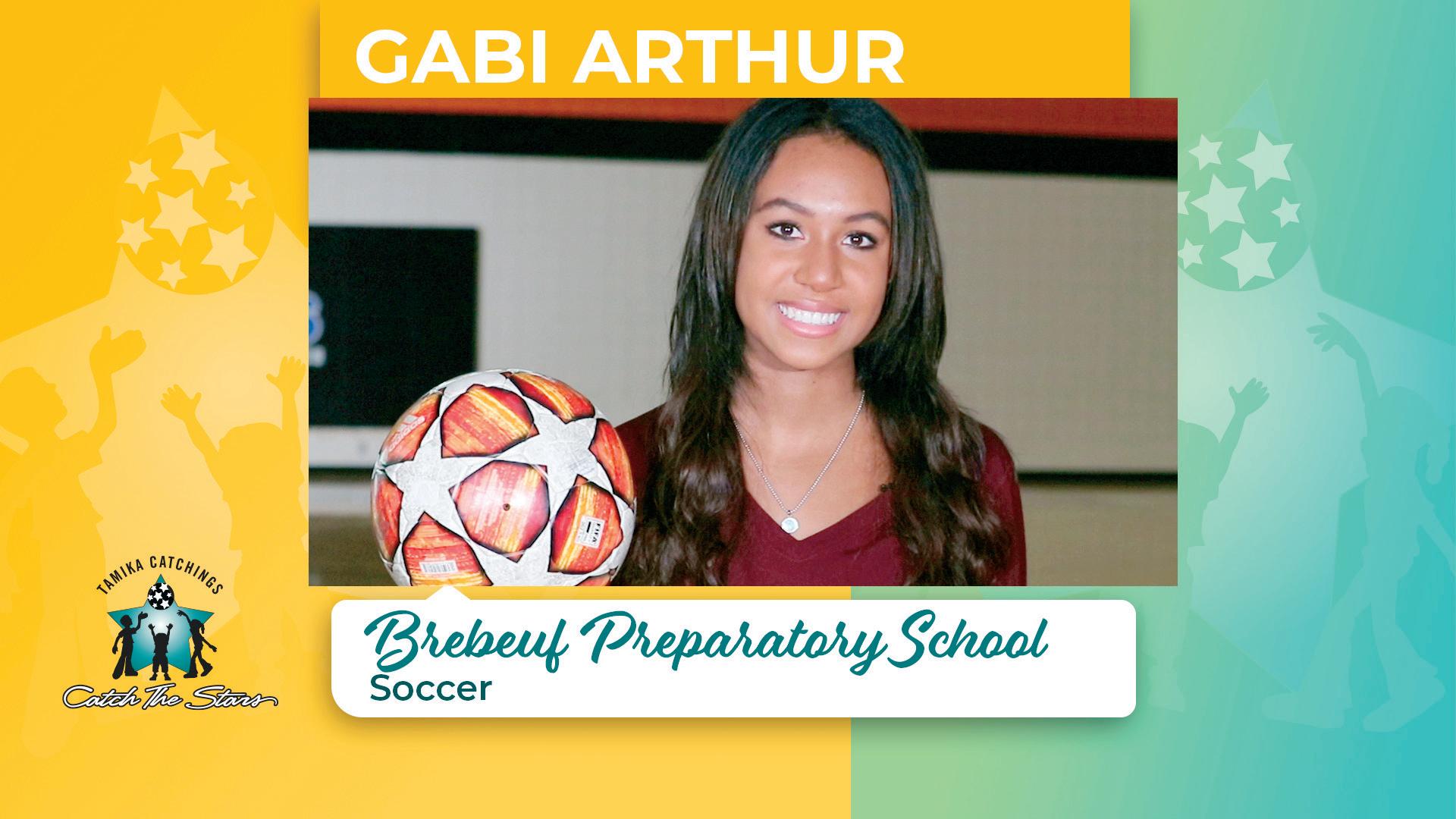



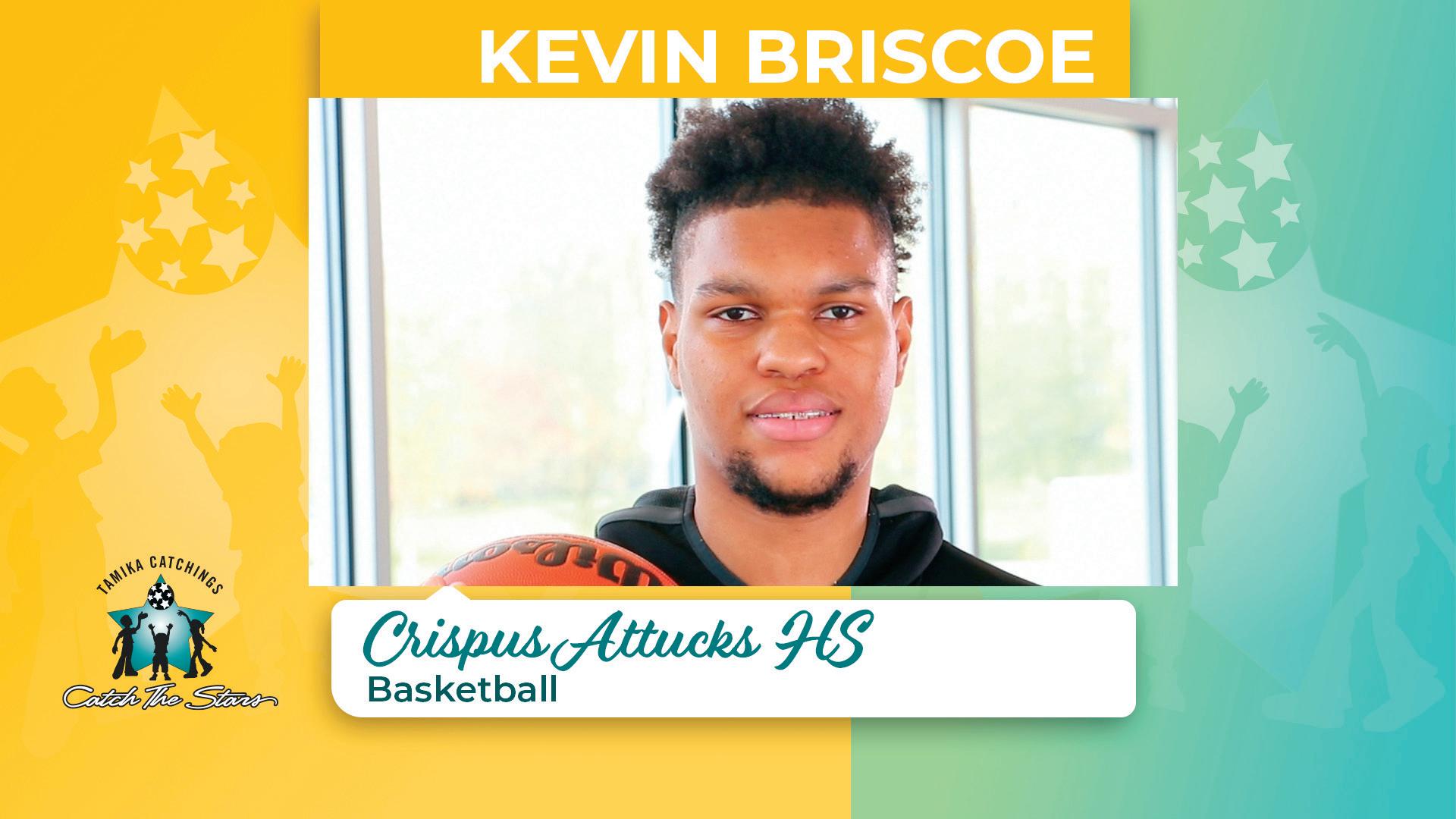

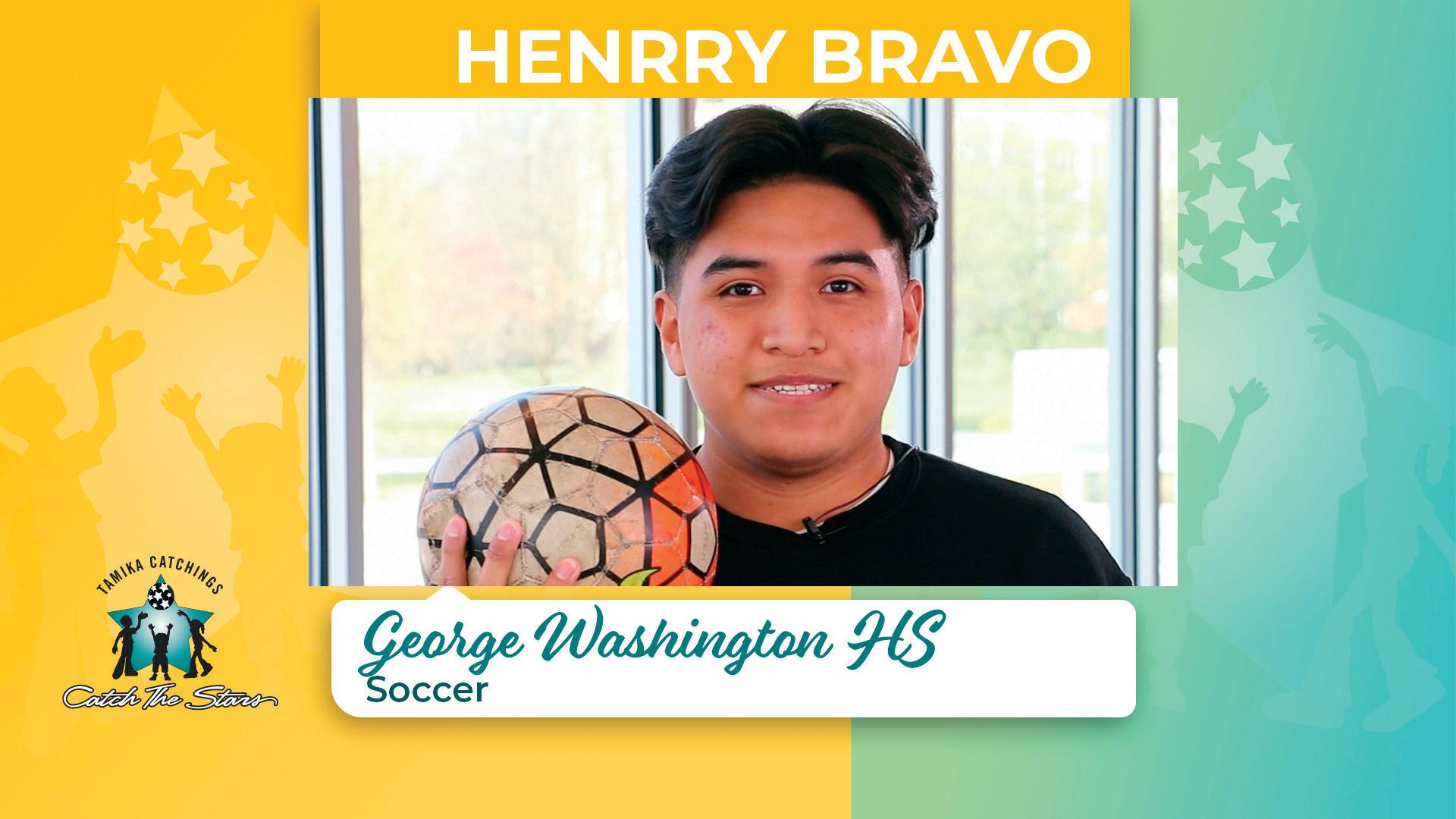
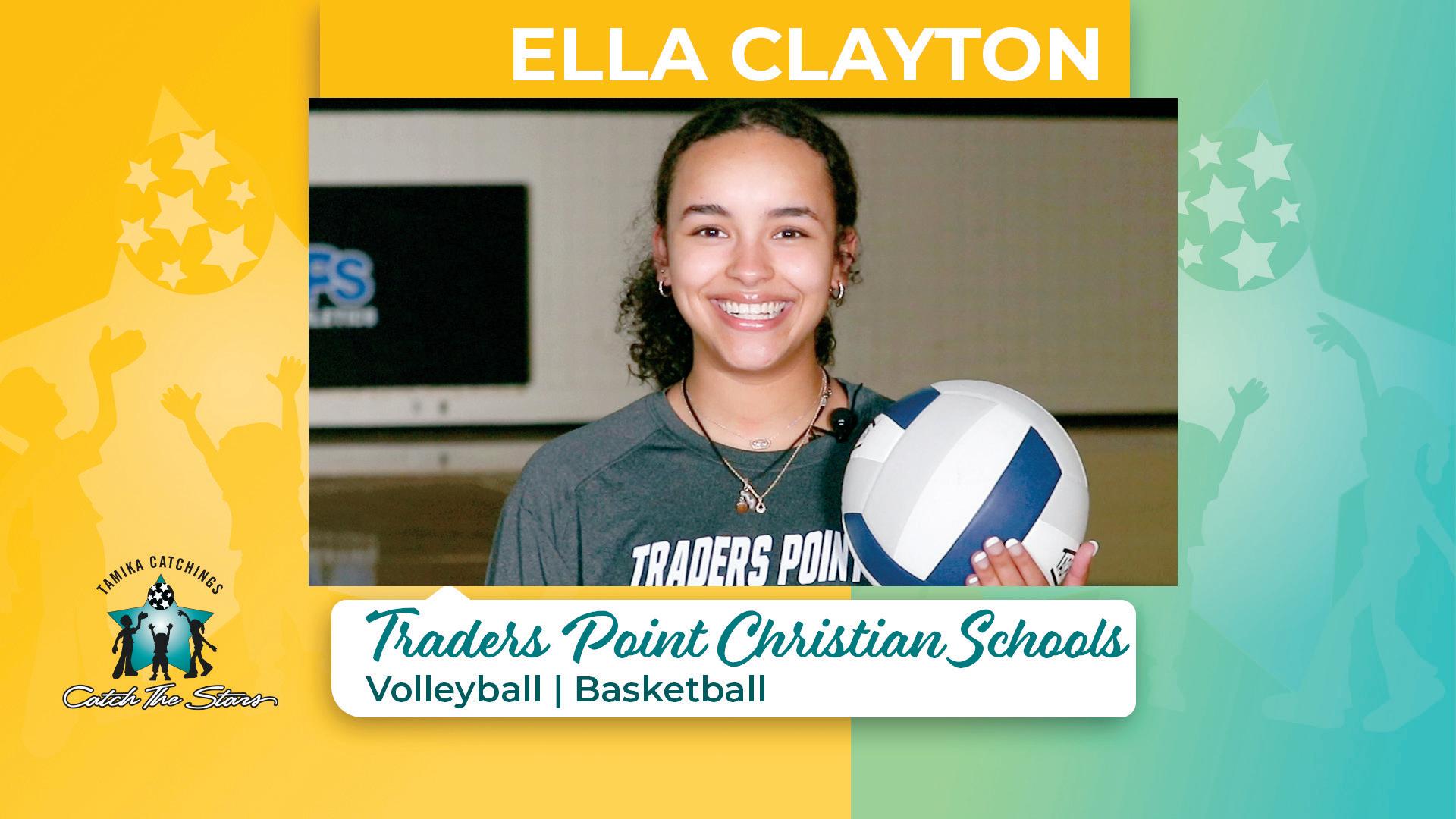

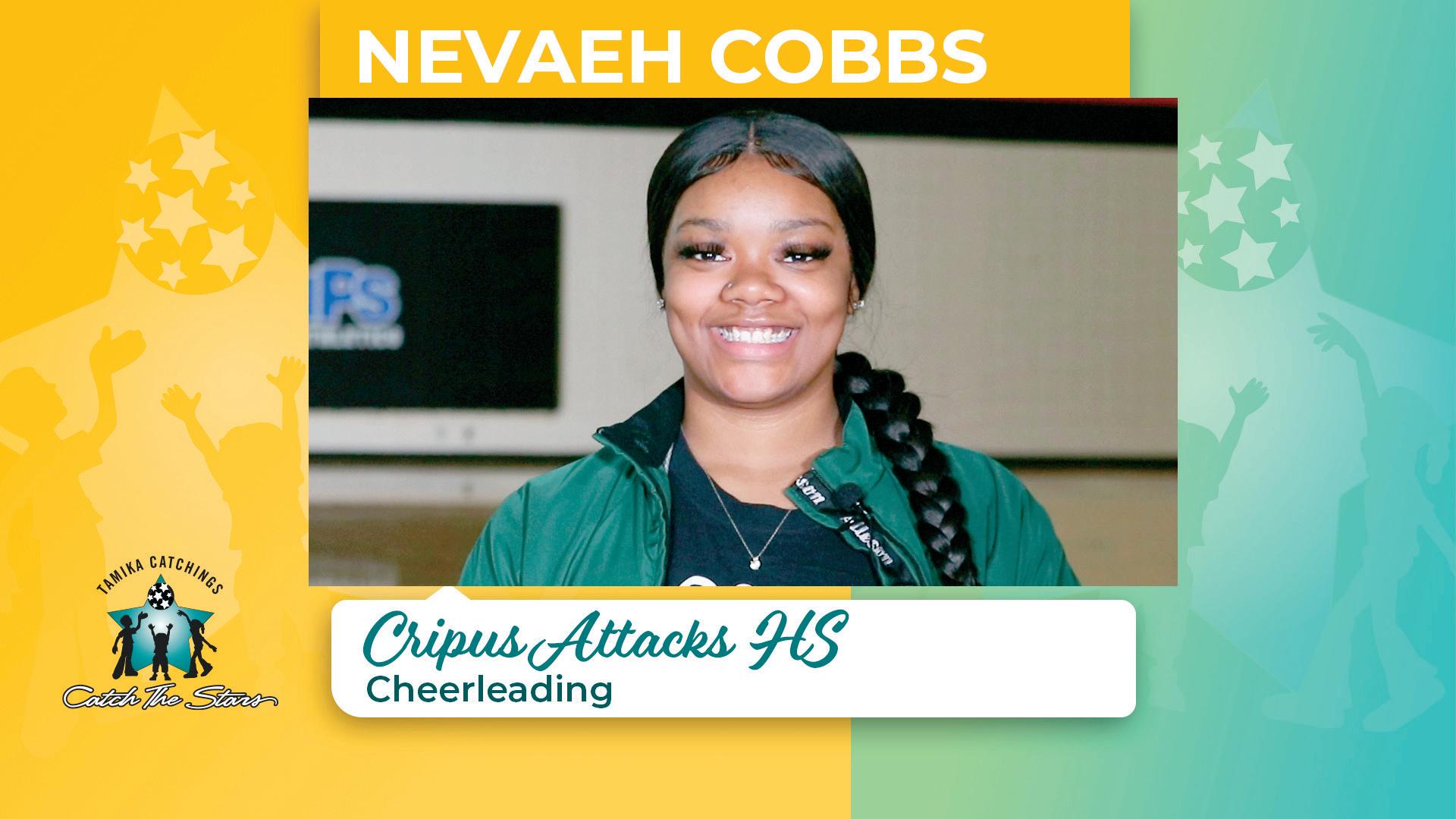

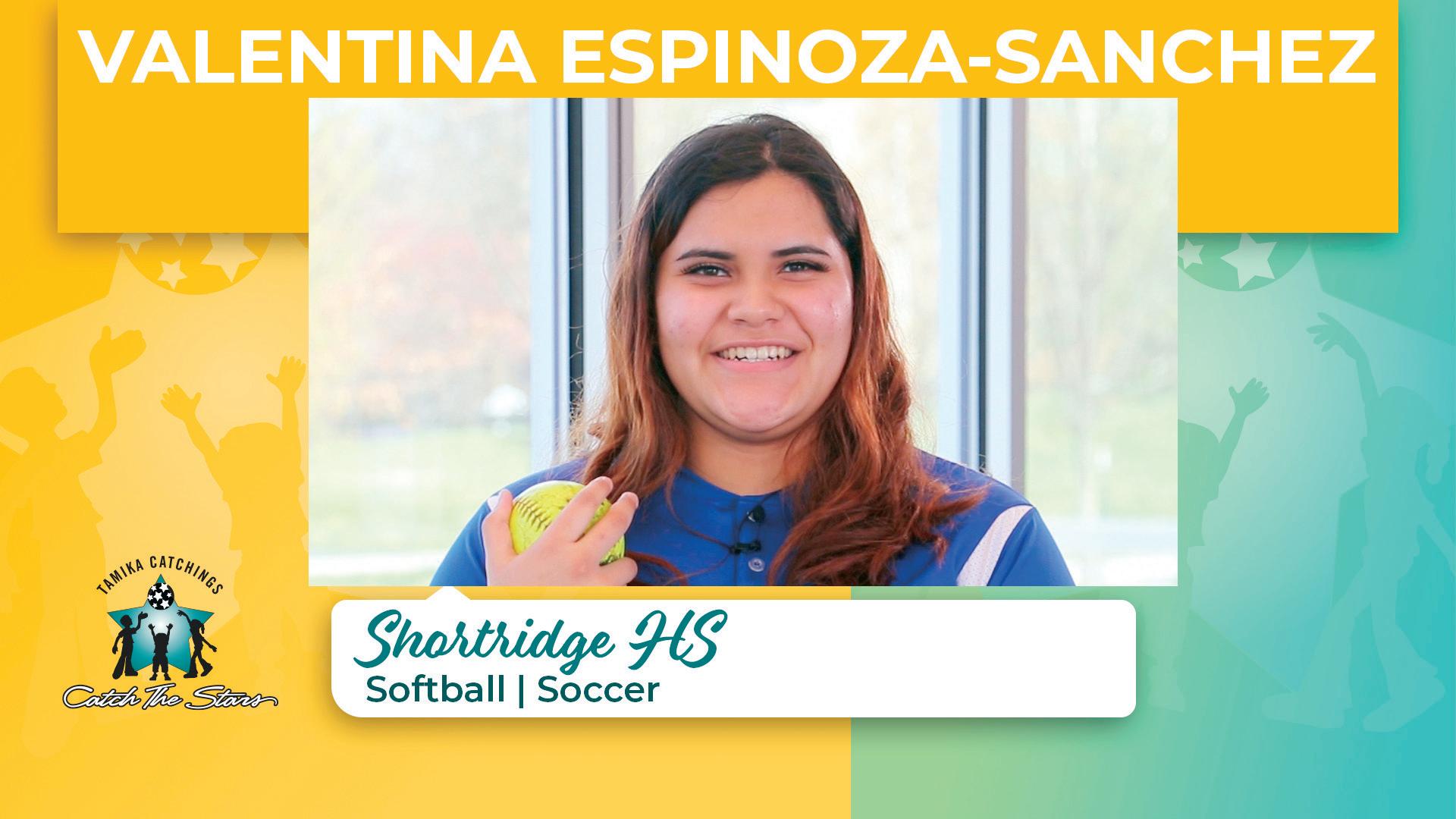
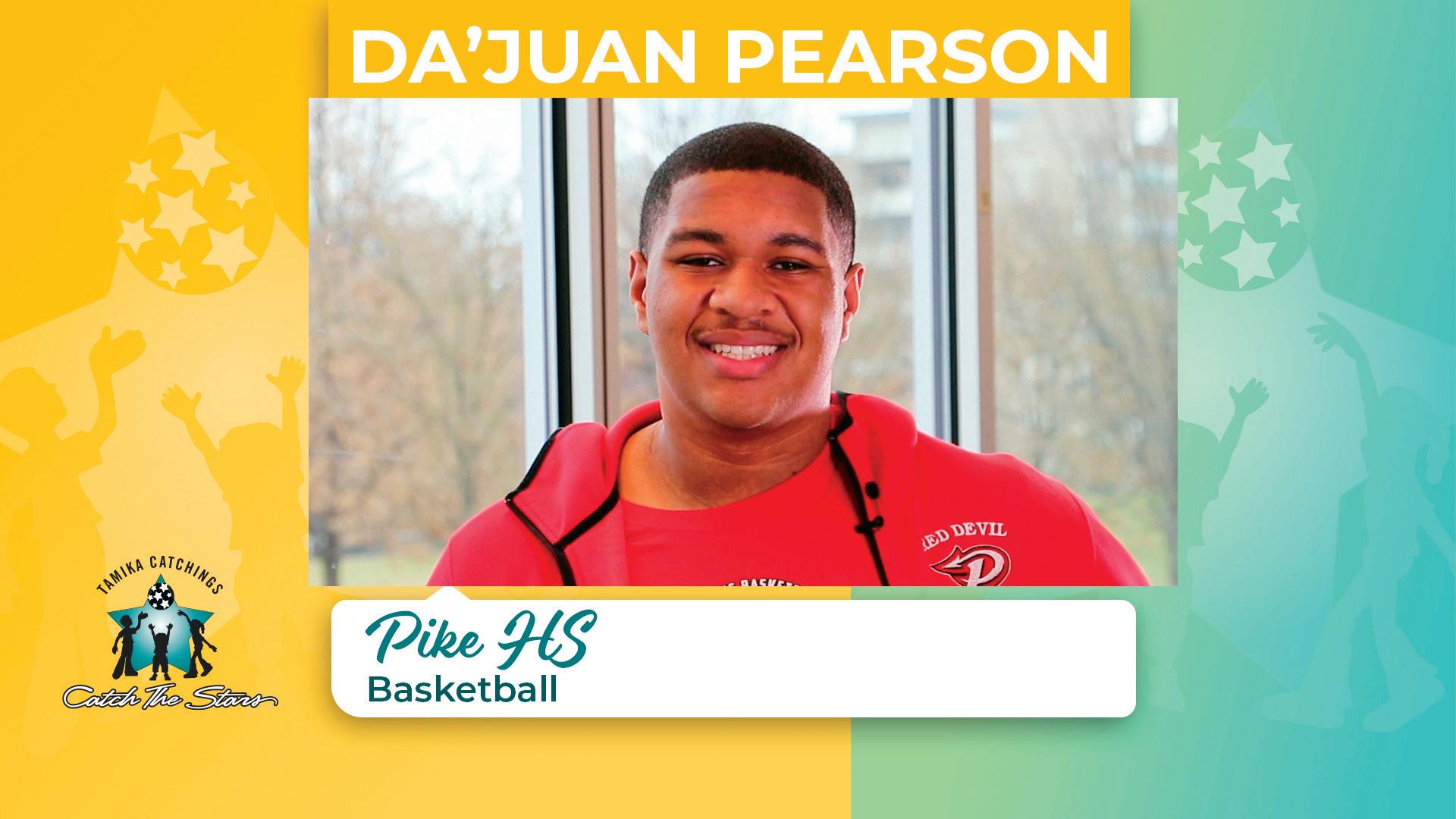

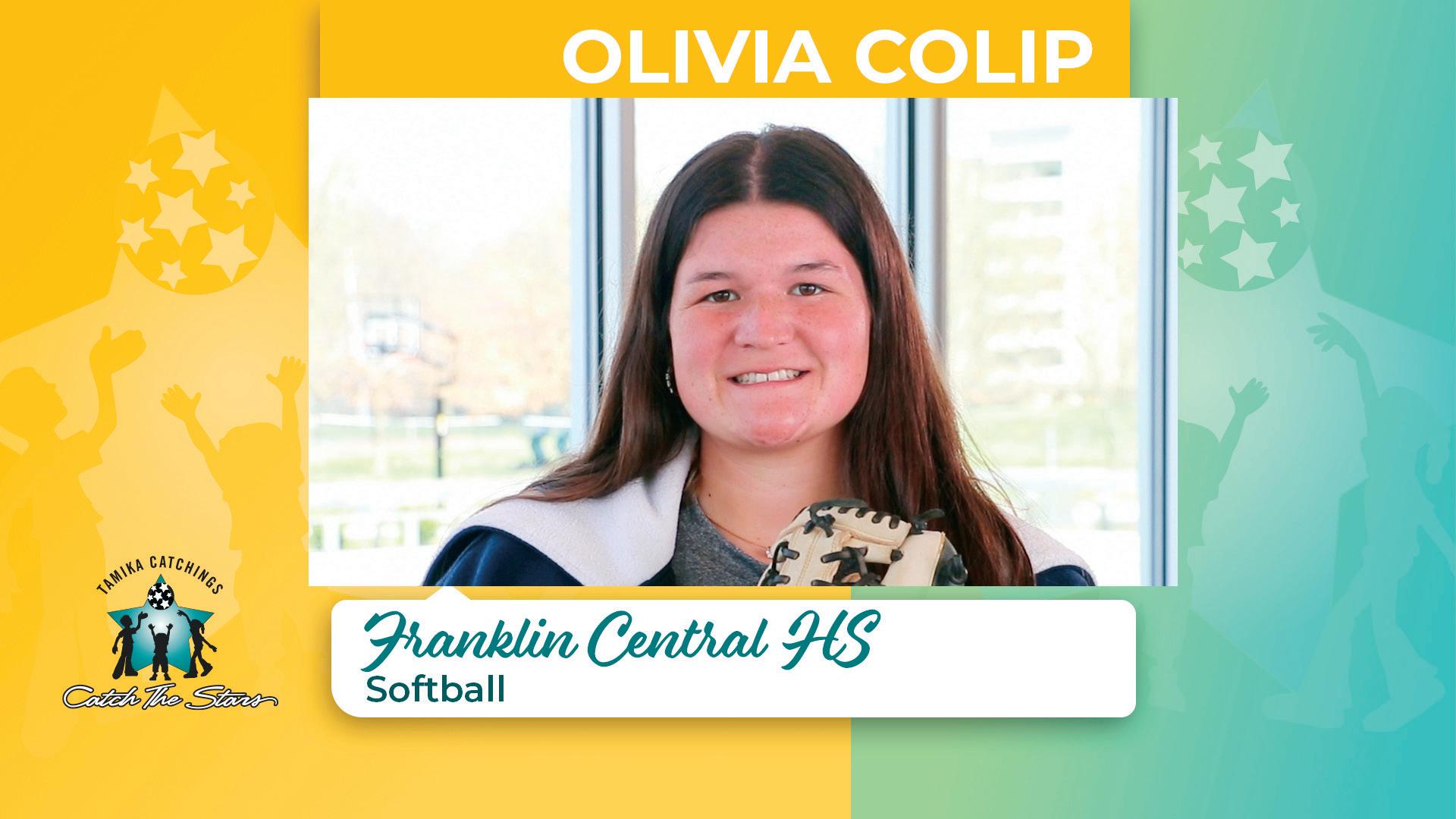


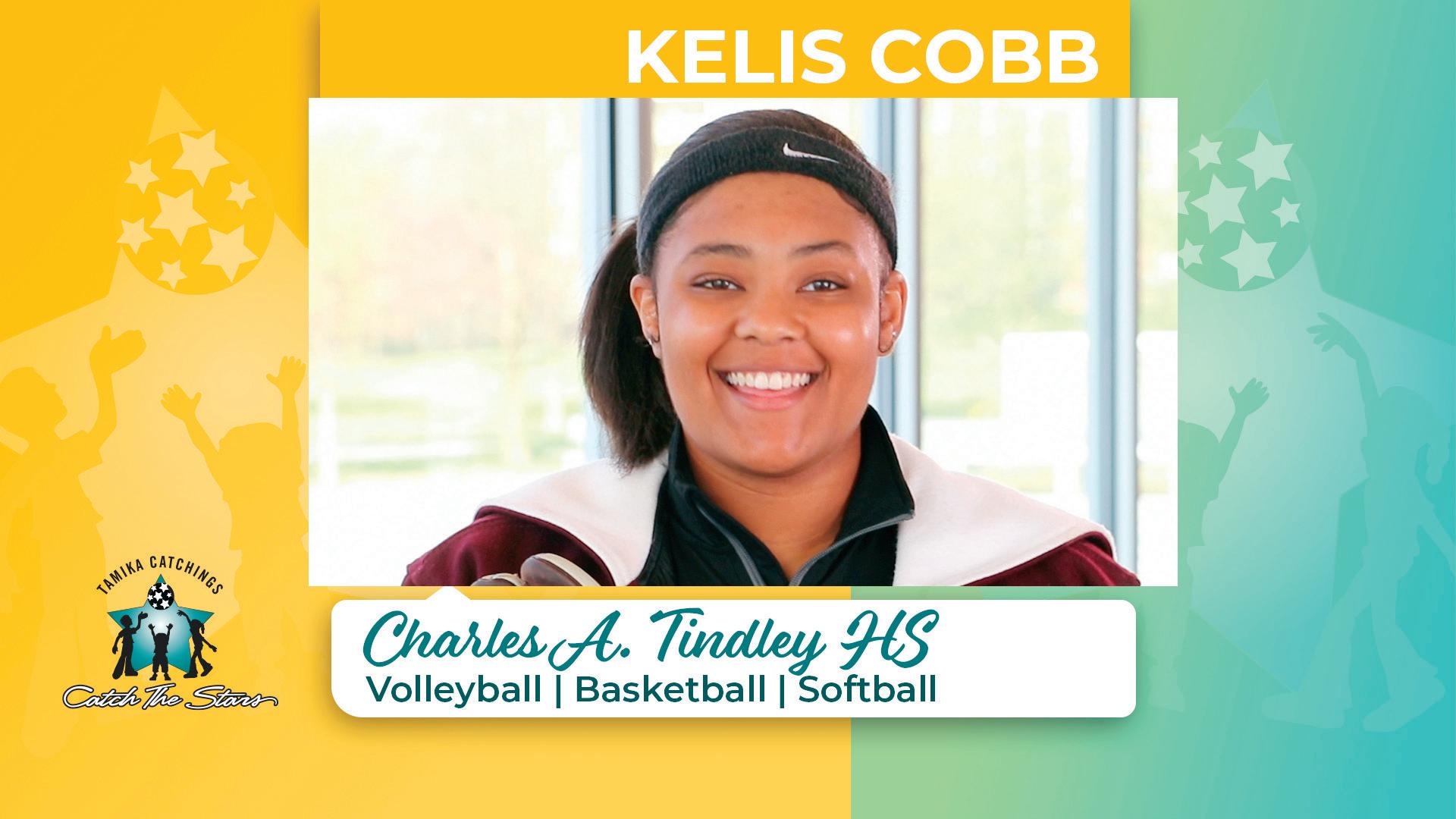




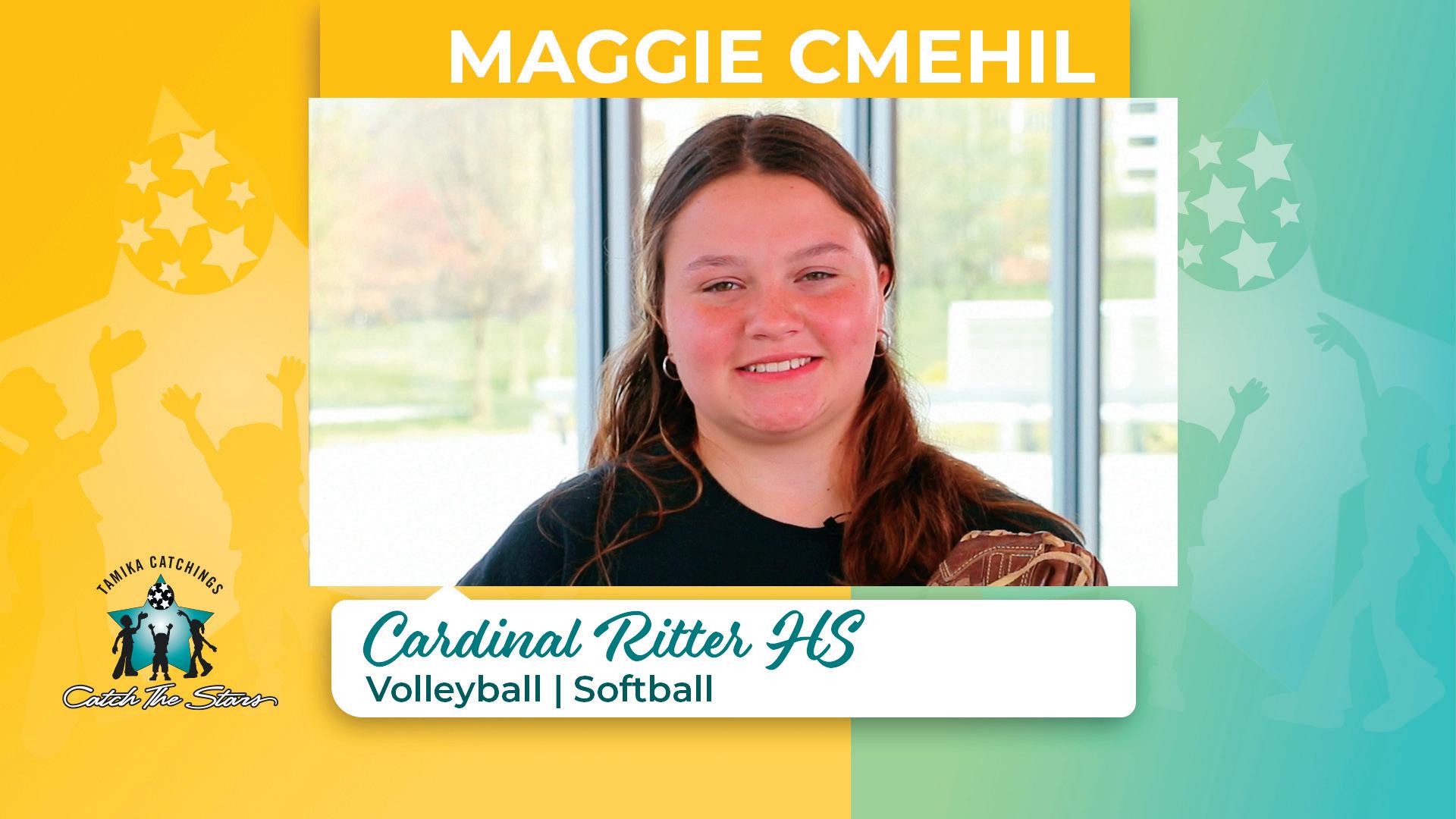
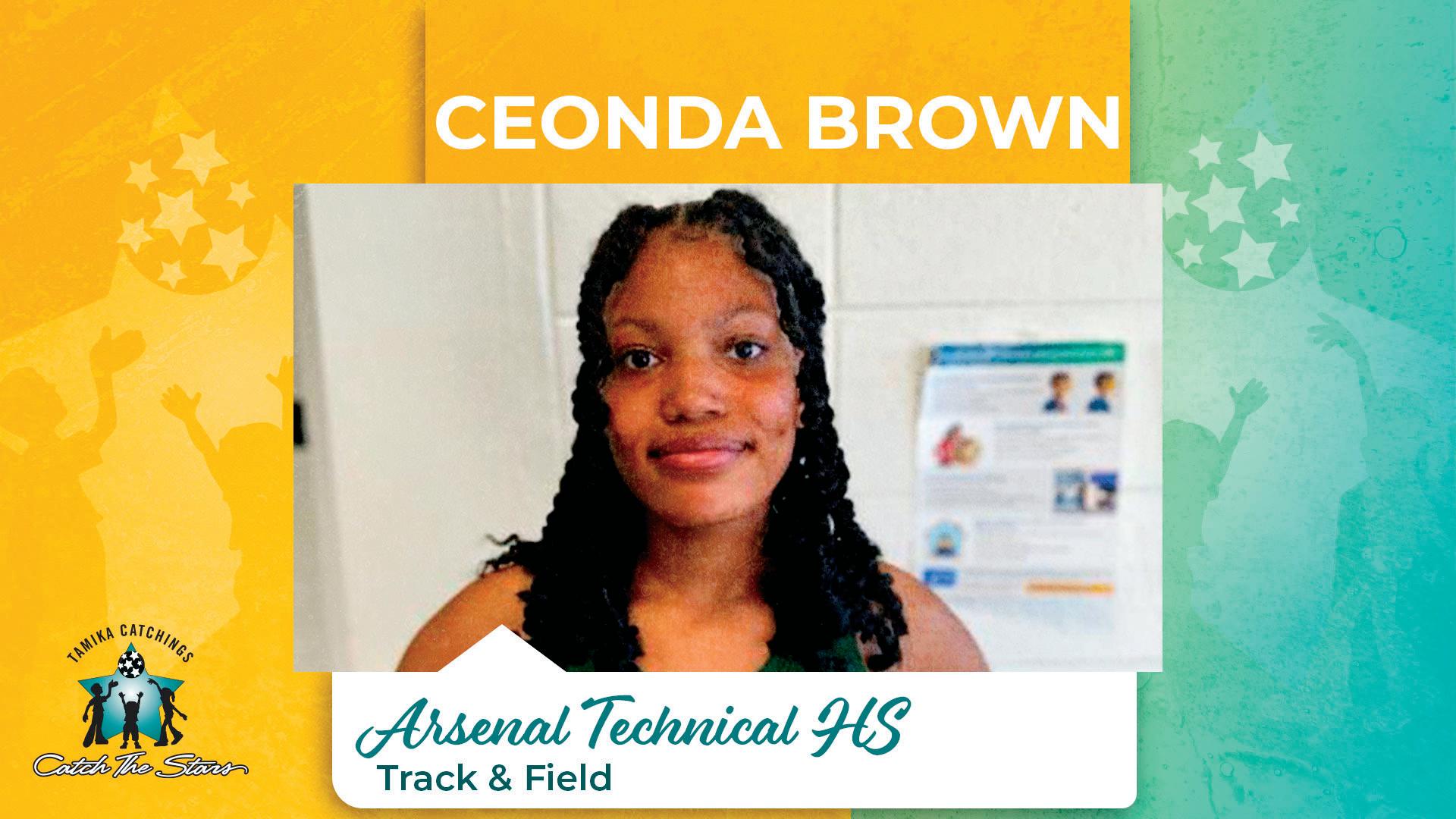
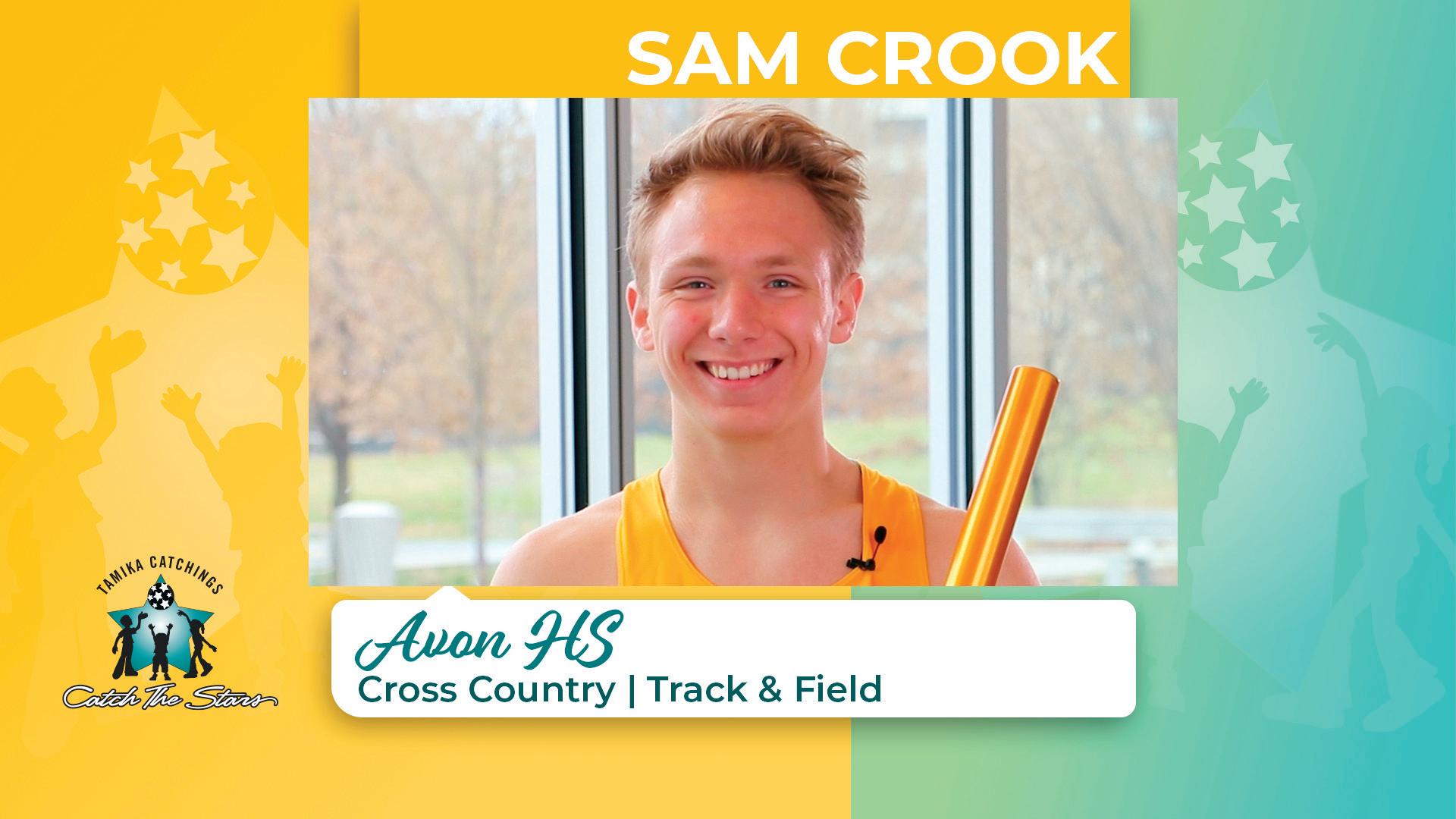



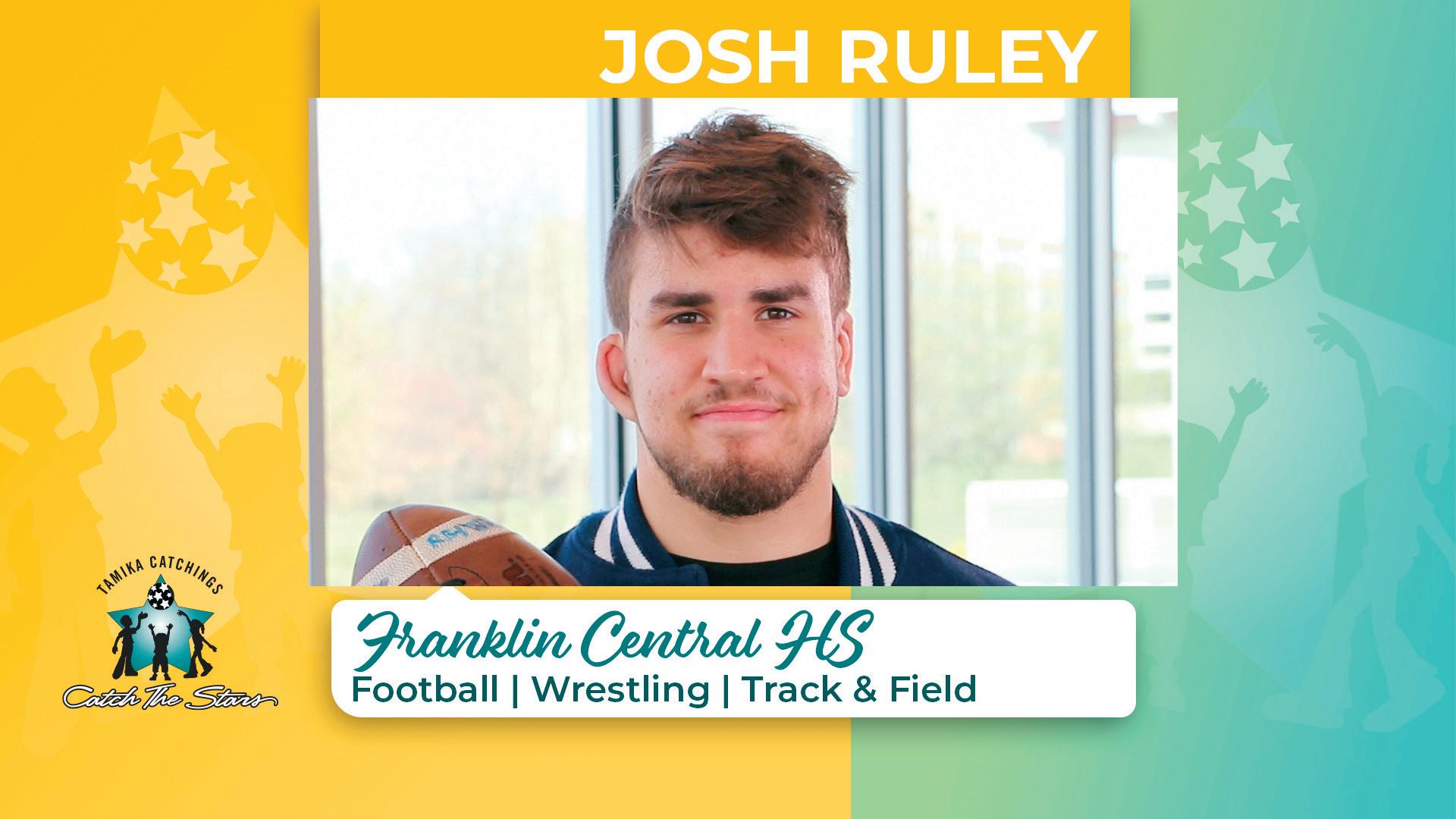
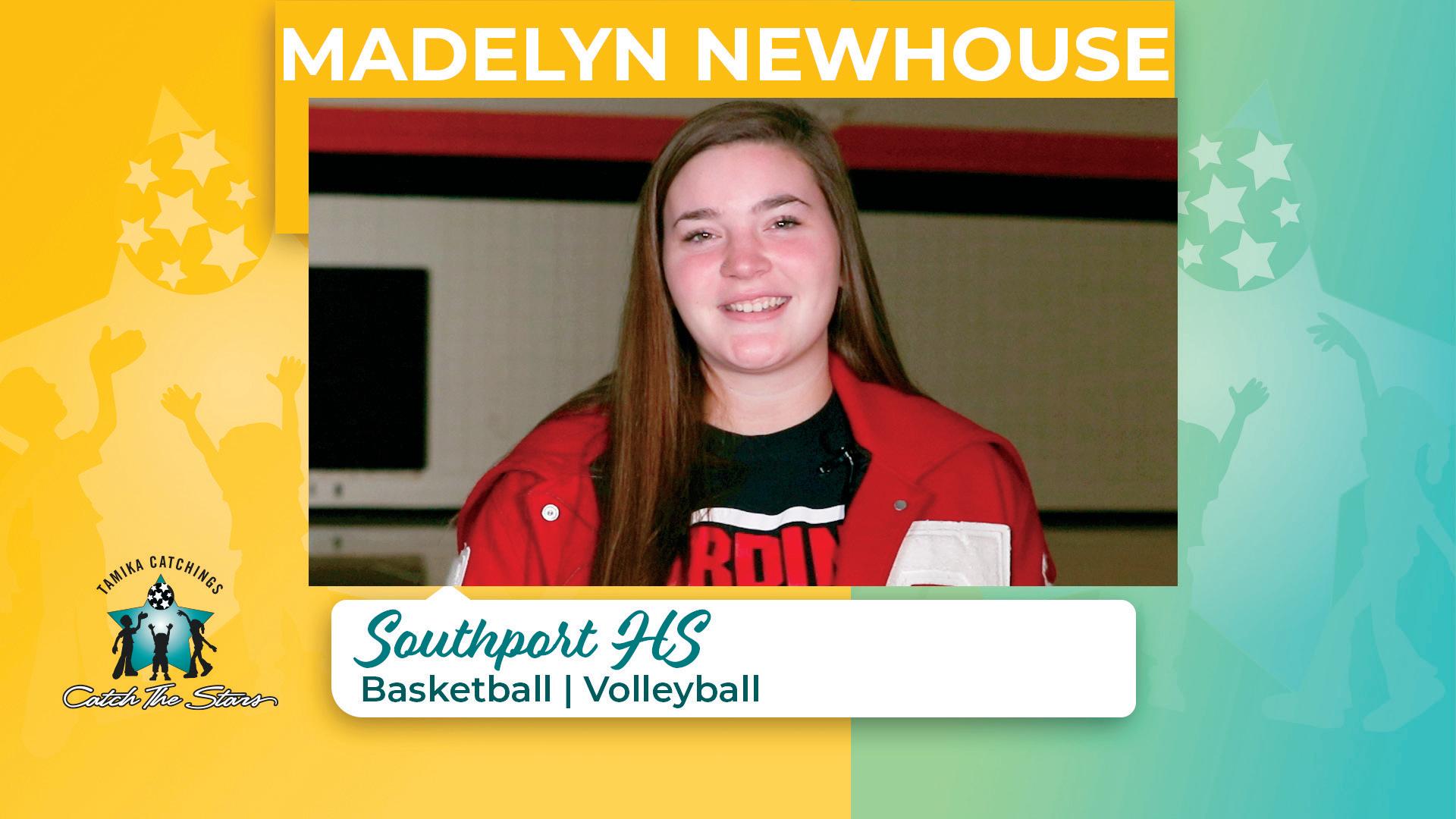
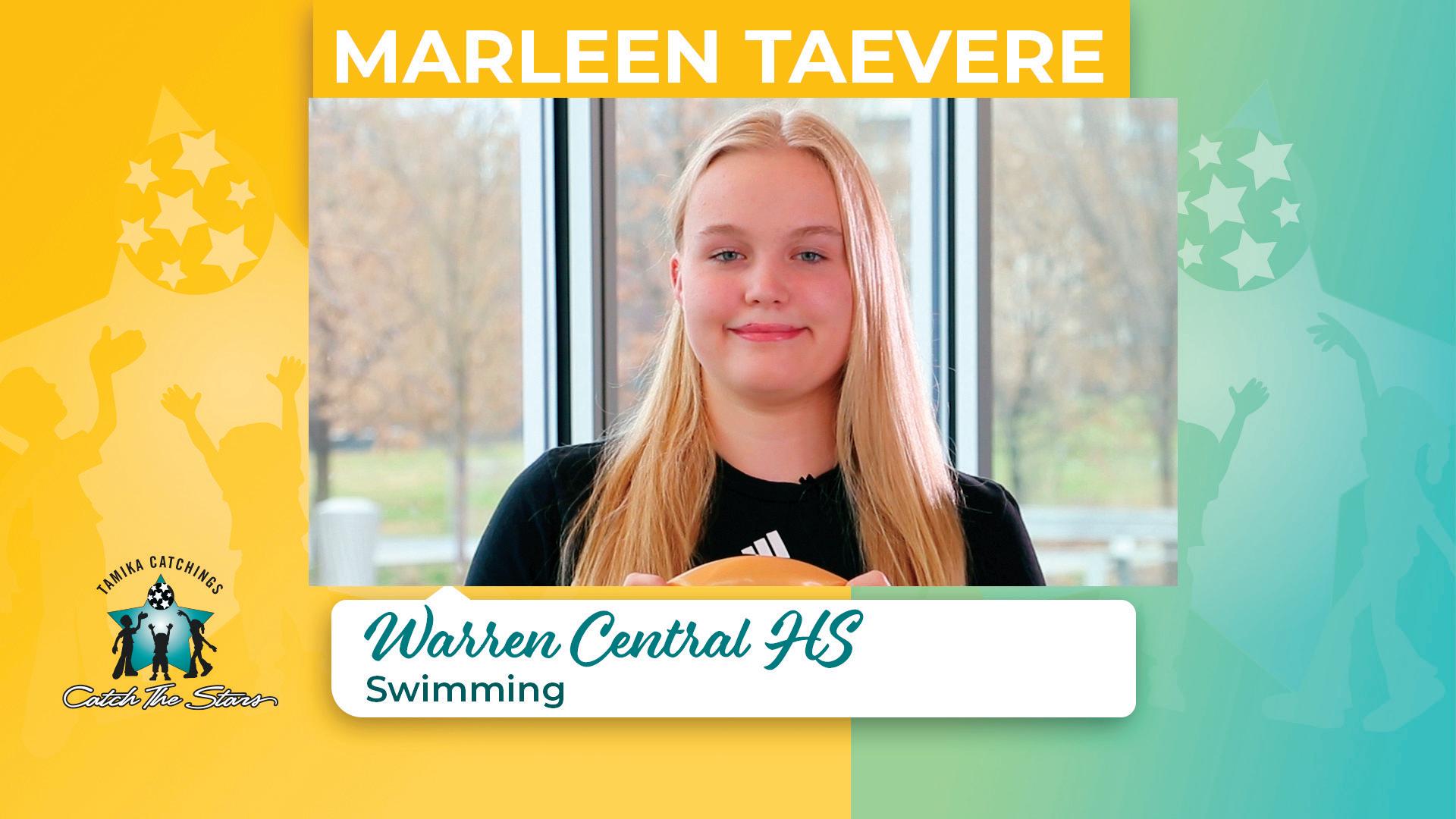
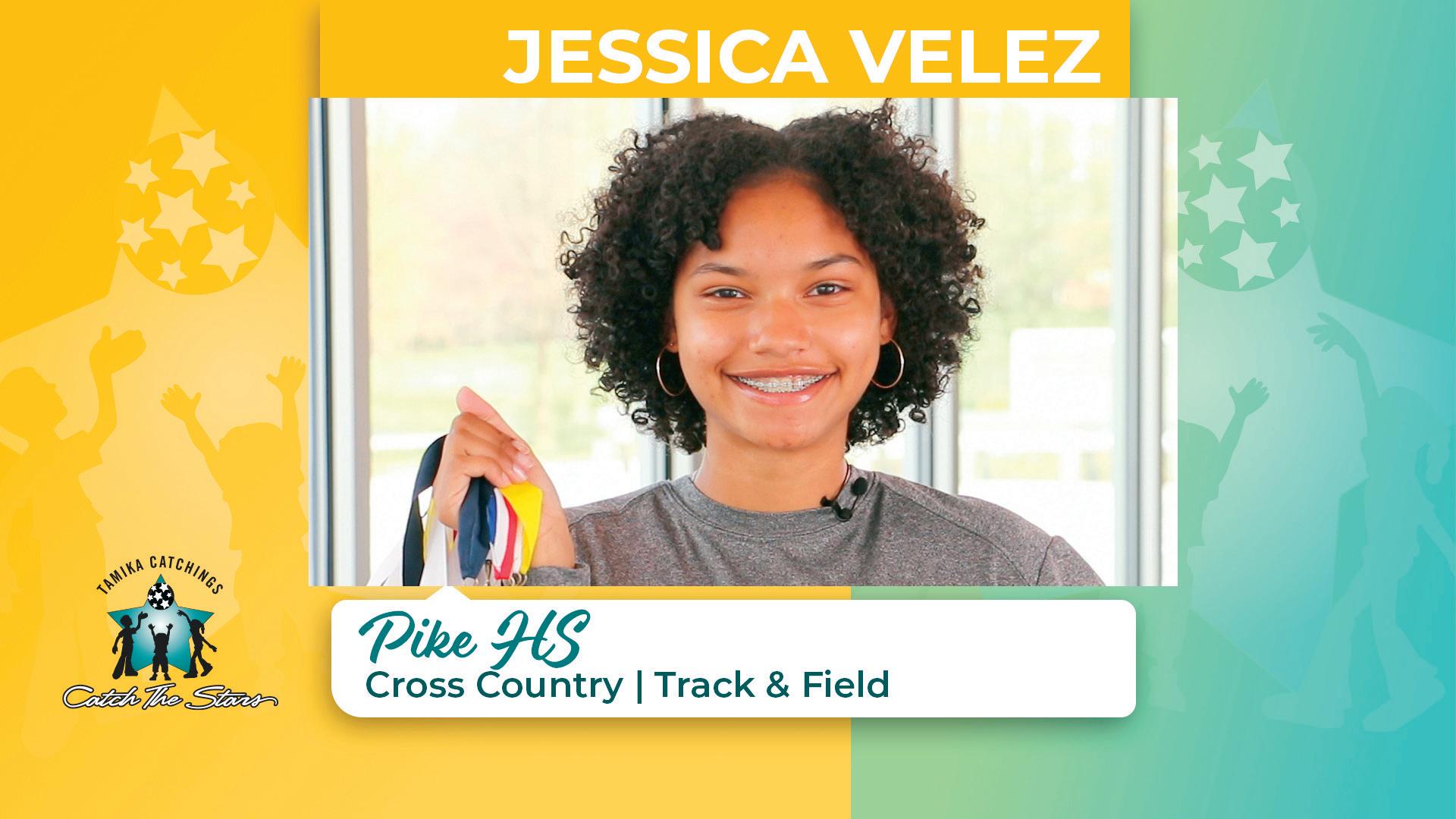

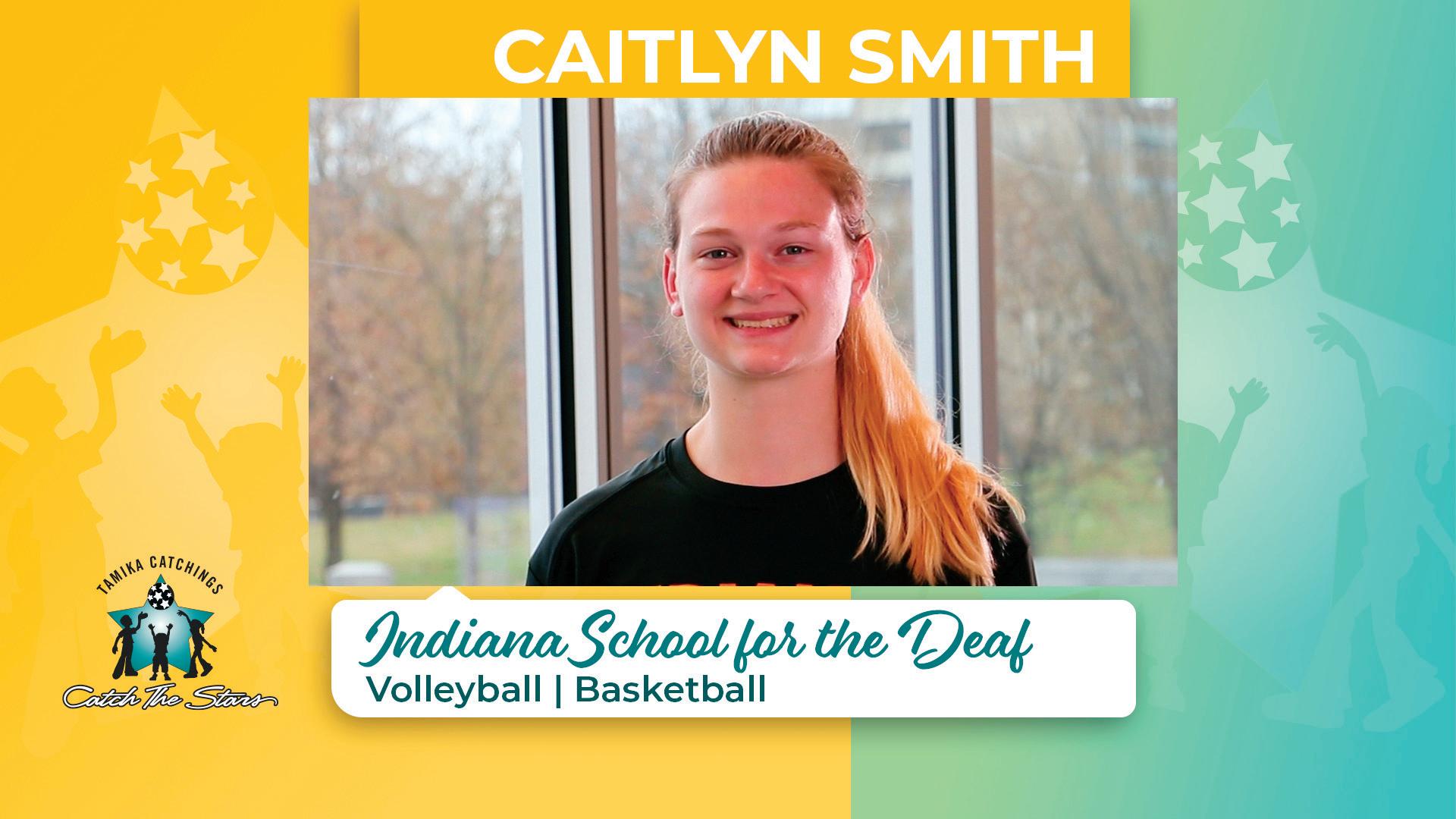
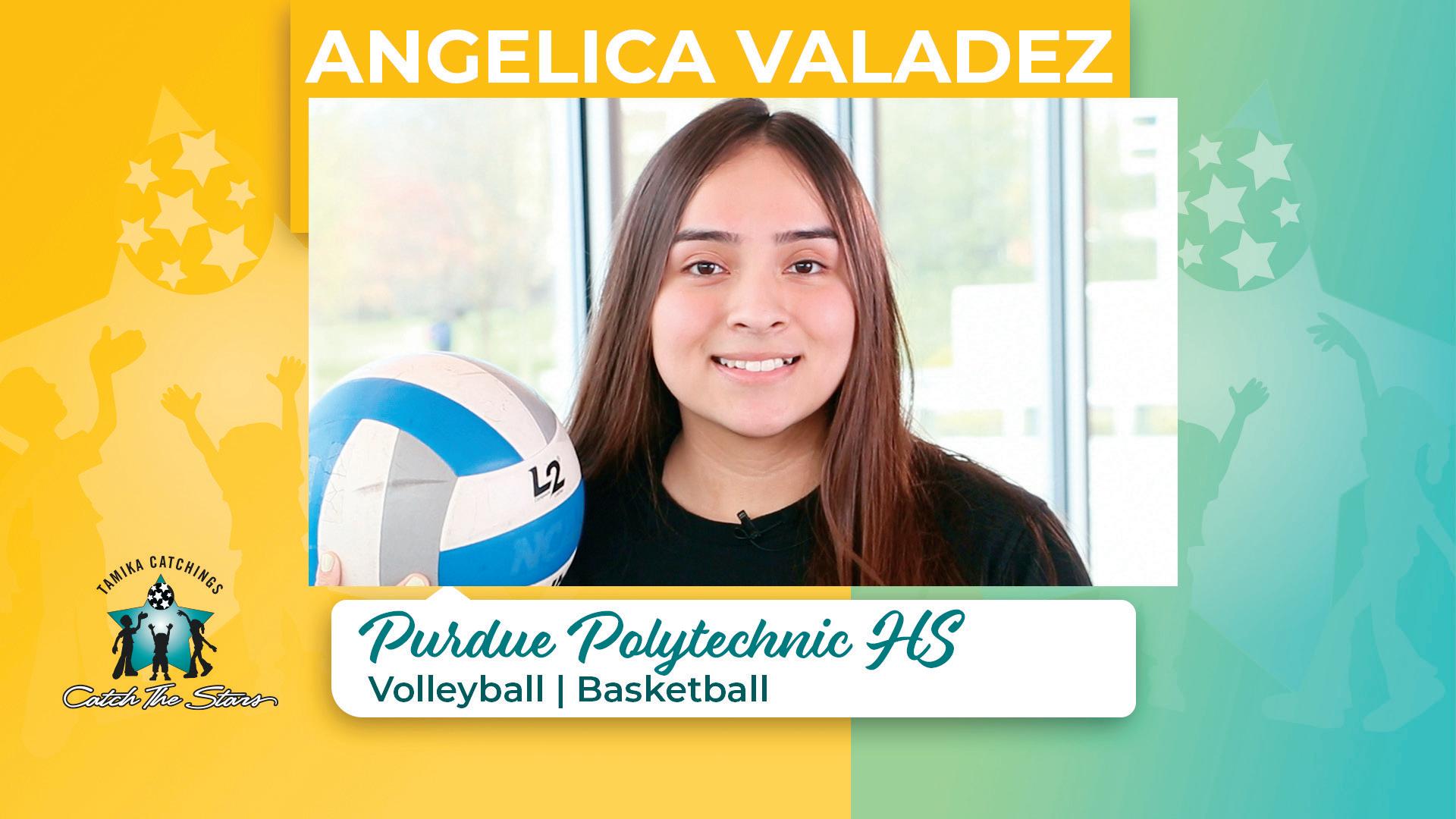


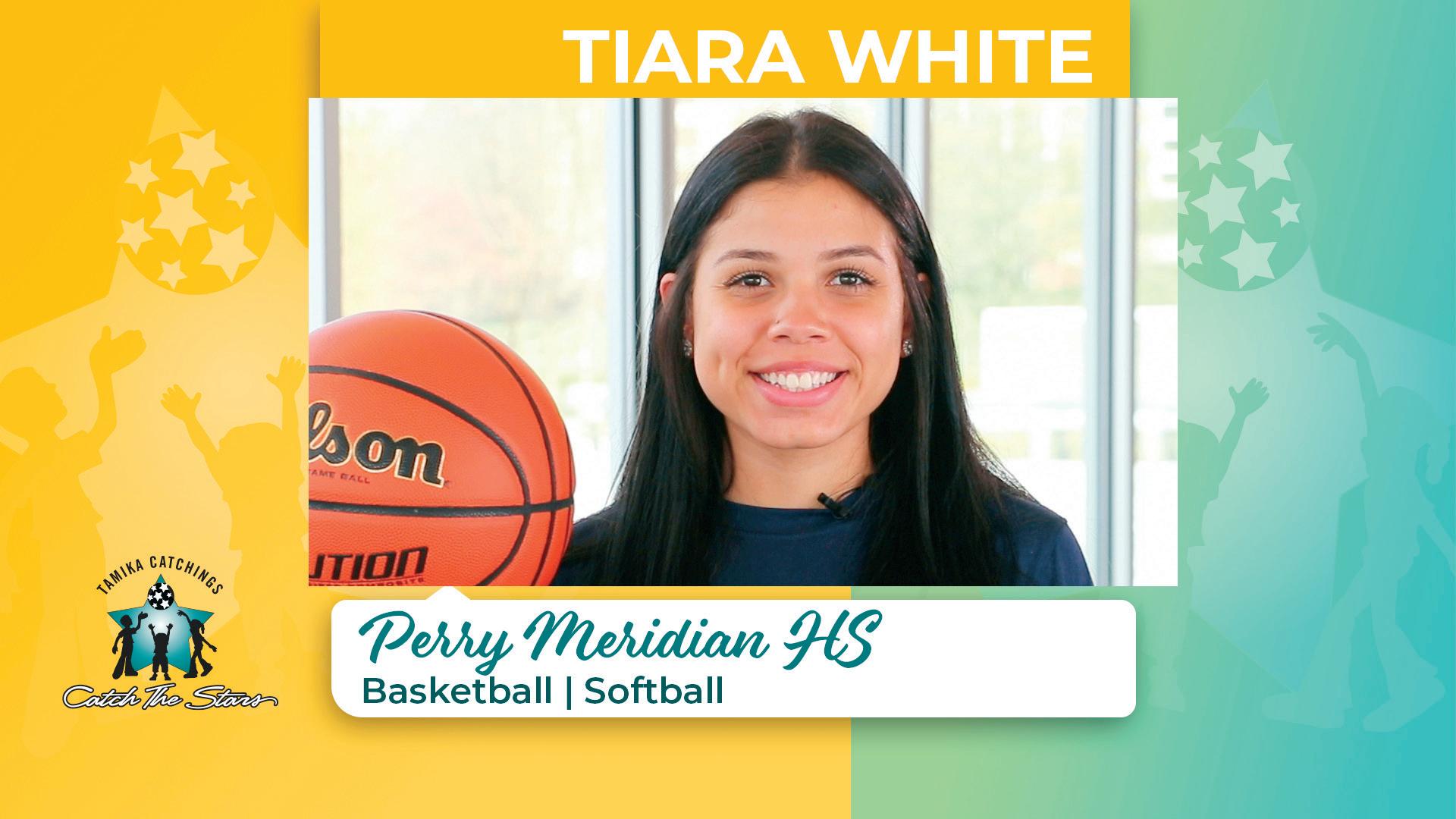
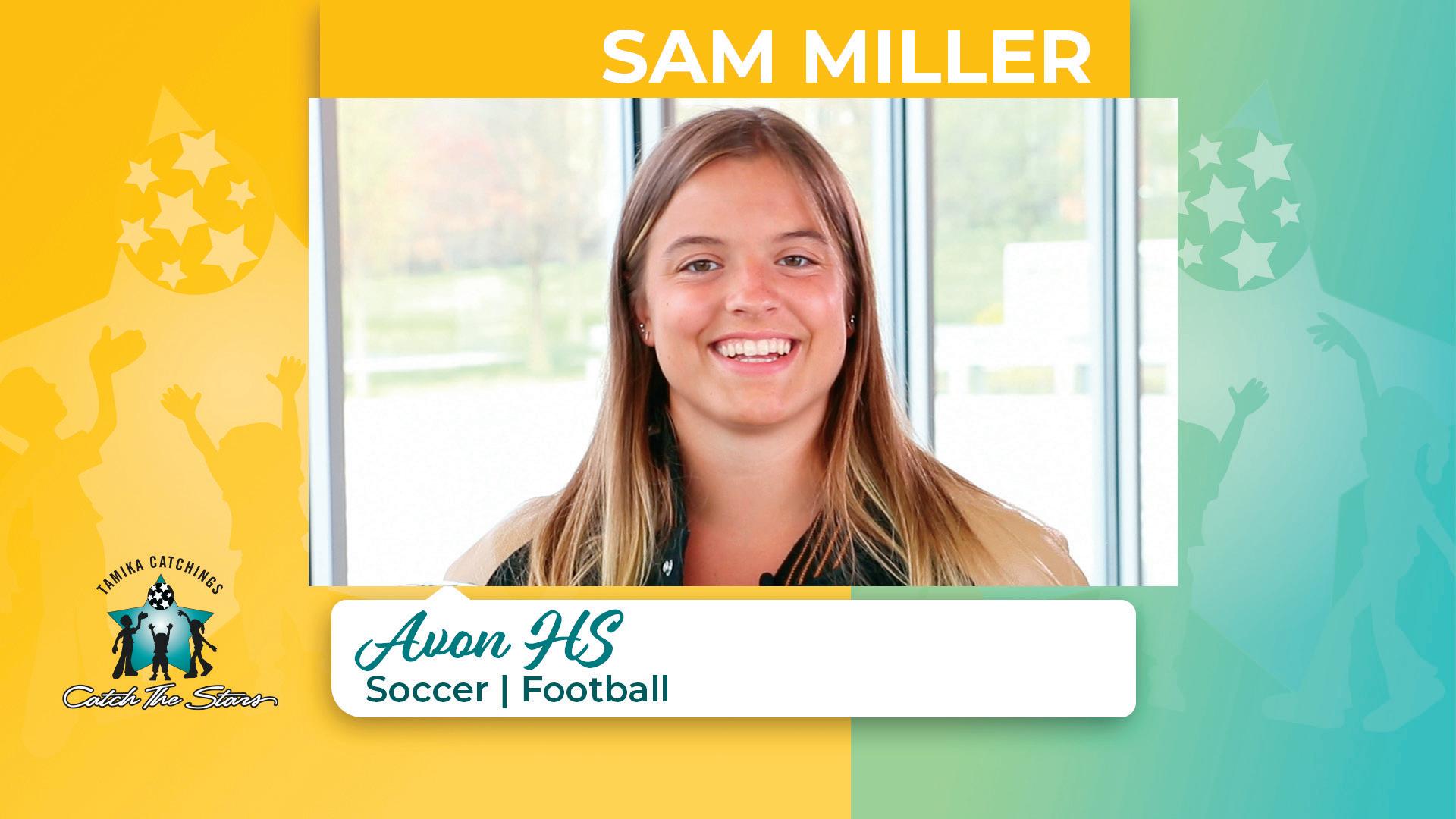
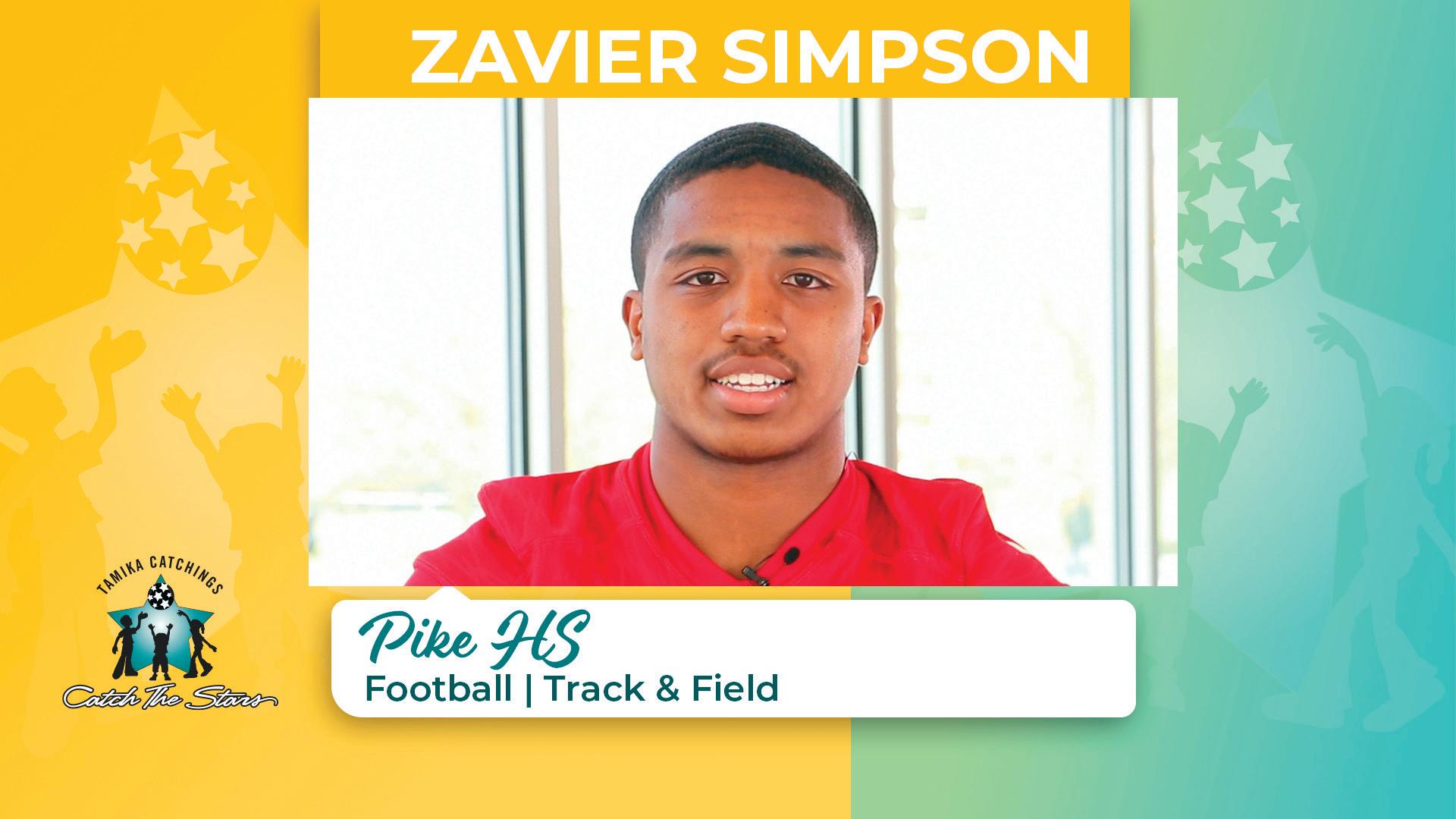

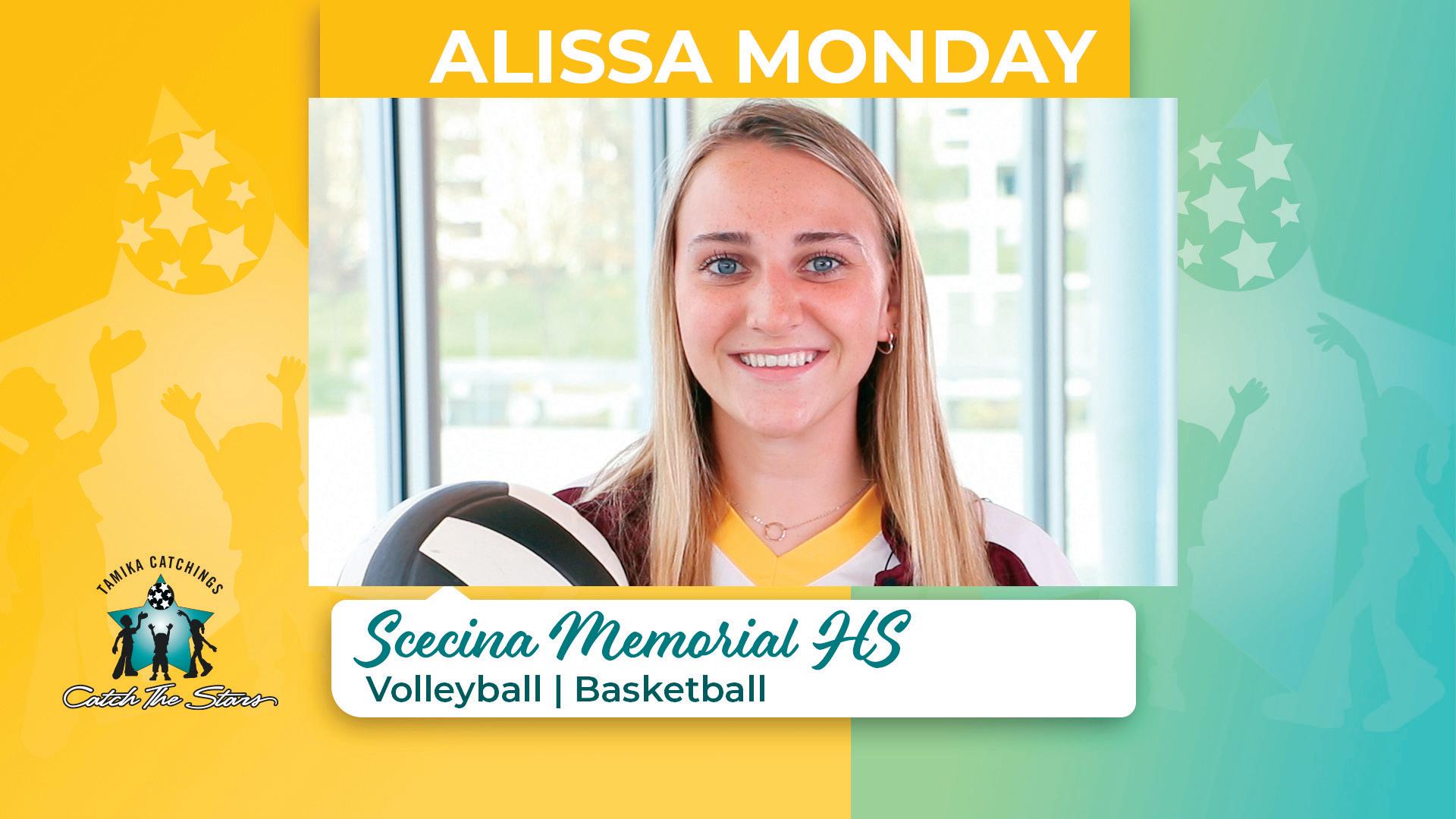
THE KNOW HOW Health & Wellness
WHAT TO EAT before training, practice, or the big game.
Youth athletes might not be concerned about game day nutrition, but parents and coaches should be. Not only do kids need optimal nutrition for fueling and recovery, but also to meet energy demands and maturation for growing athletes. Working muscles need carbohydrates for fuel, moderate amounts of protein, small amounts of fat, and plenty of fluids.
Below are some basic guidelines on what to eat before a sports game for kids.
Timing:
The timing of the meal will be dependent on the meal size. Meal size will depend on how recently an athlete has eaten. Full-sized meals should be eaten 2-3 hours prior sports activities. If the athlete has already had 1 or 2 full meals earlier in the day, they may prefer a slightly lighter snack. This can be eaten closer to the game, within the hour timeframe.
(For great snack ideas, check out 8 Healthy Snacks for Athletes on the Go.)
Hydration:
Pre-game hydration doesn’t begin a few hours before the event; it begins the minute the athlete wakes up. Stay hydrated by drinking plenty of water during the day leading up to a game, especially in the two to three hours before game time. Water is essential for the proper circulation of nutrients in the body and as such, supports energy levels and strength.
Carbs:
Carbs are a key player in a pre-game meal. Carbs are the body’s main source of energy, but also digest faster than fat and protein, making them ideal before exercise. Stick to basic carb sources. Some ideas include toast or rice cakes with jelly, bananas, cereal, pasta, potatoes, etc. Choose a high-glycemic carb for fast digestion. You may want to avoid carbs rich in fiber as they may cause bloating and discomfort.
THE KNOW HOW Active bodies need protein to support growth and build and repair hard working muscles. Young athletes should spread protein foods throughout the day, having some at each meal and with most snacks, such as eggs, yogurt, meat or protein shakes.
Fat:
You want to focus on minimal fat intake directly before energy exertion. Fatty foods slow down the digestion of food, and as such, will not give athletes the energy they need to perform at their best.
Post-Game Nutrition:
What an athlete eats after a sports game is just as important as what they eat before a game. Make sure your athlete properly refuels within an hour of competition. Again, carbs are a priority here to restore glycogen in the muscles and begin the muscle recovery process. With that in mind, the same high-glycemic carbs are best post game as well. Pairing a banana with a protein shake is a quick and easy staple to fall back on.
You don’t need to complicate things when planning what to eat before a sports game for kids. Follow these guidelines above to help your athletes perform at their peak in every game.









